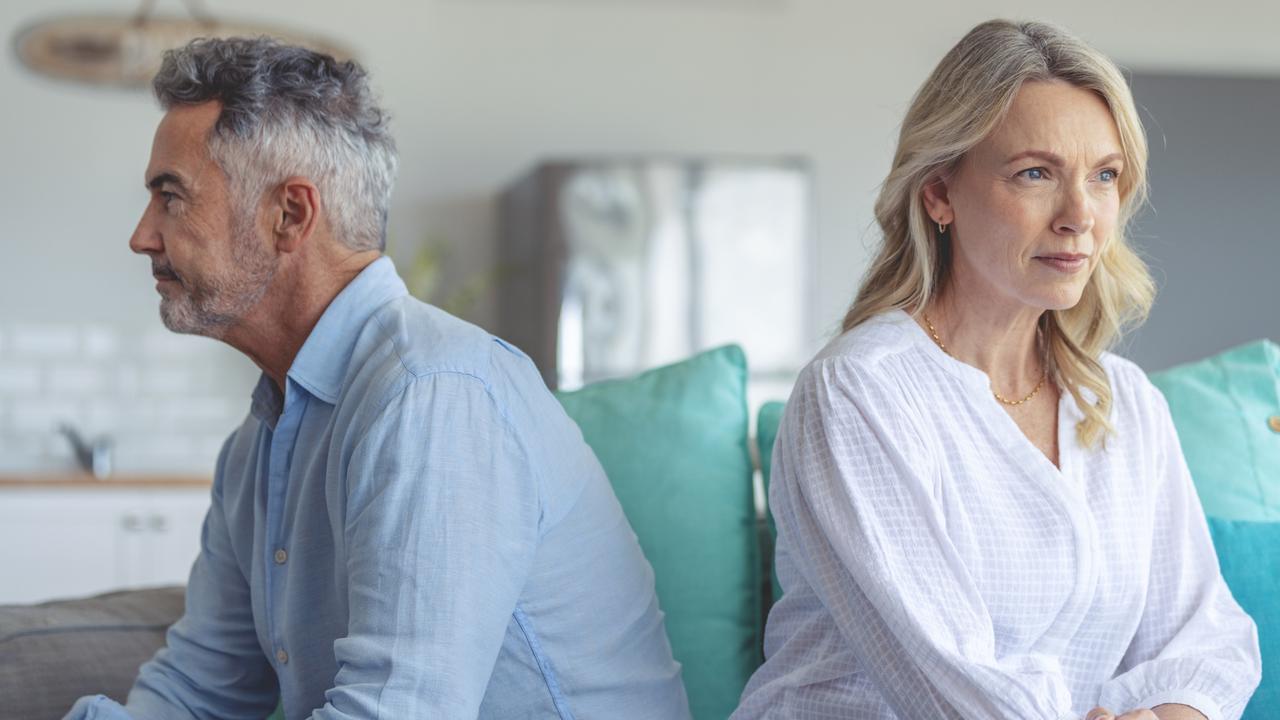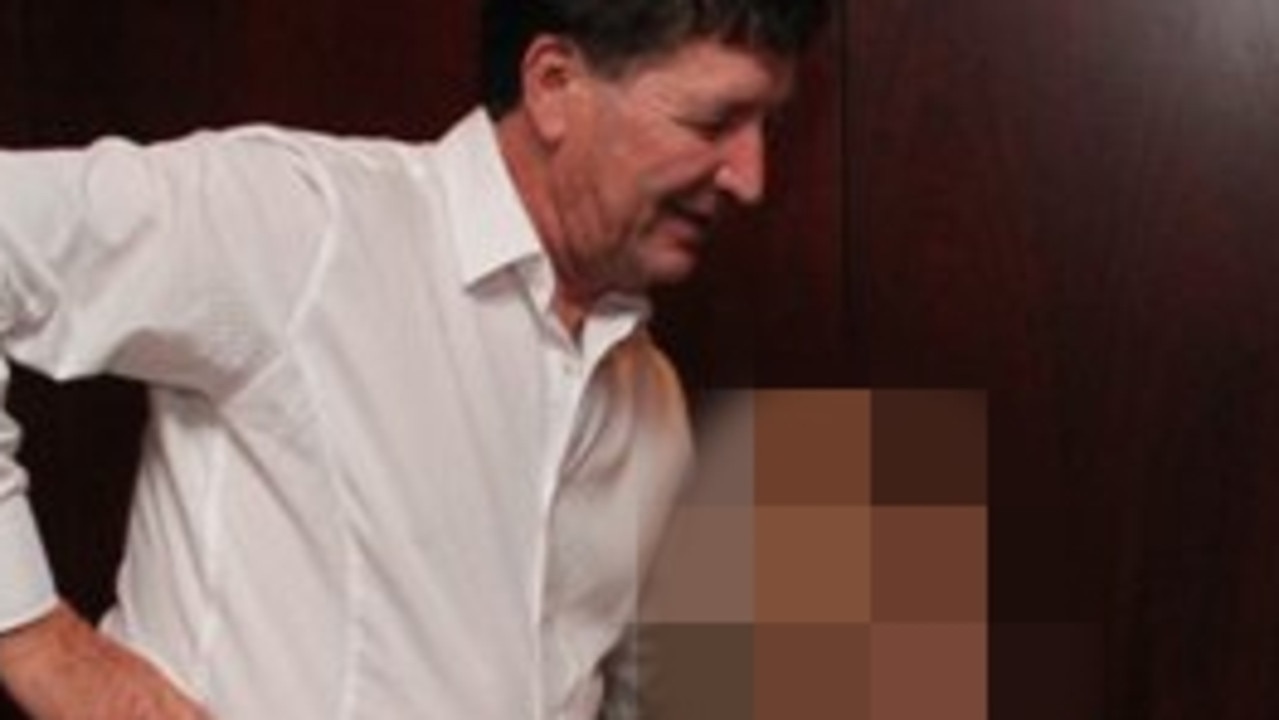Australian Defence suicides: Kapooka training centre under the spotlight
The Royal Commission into Defence and Veteran Suicide will put the spotlight on one of Australia’s biggest training camps.
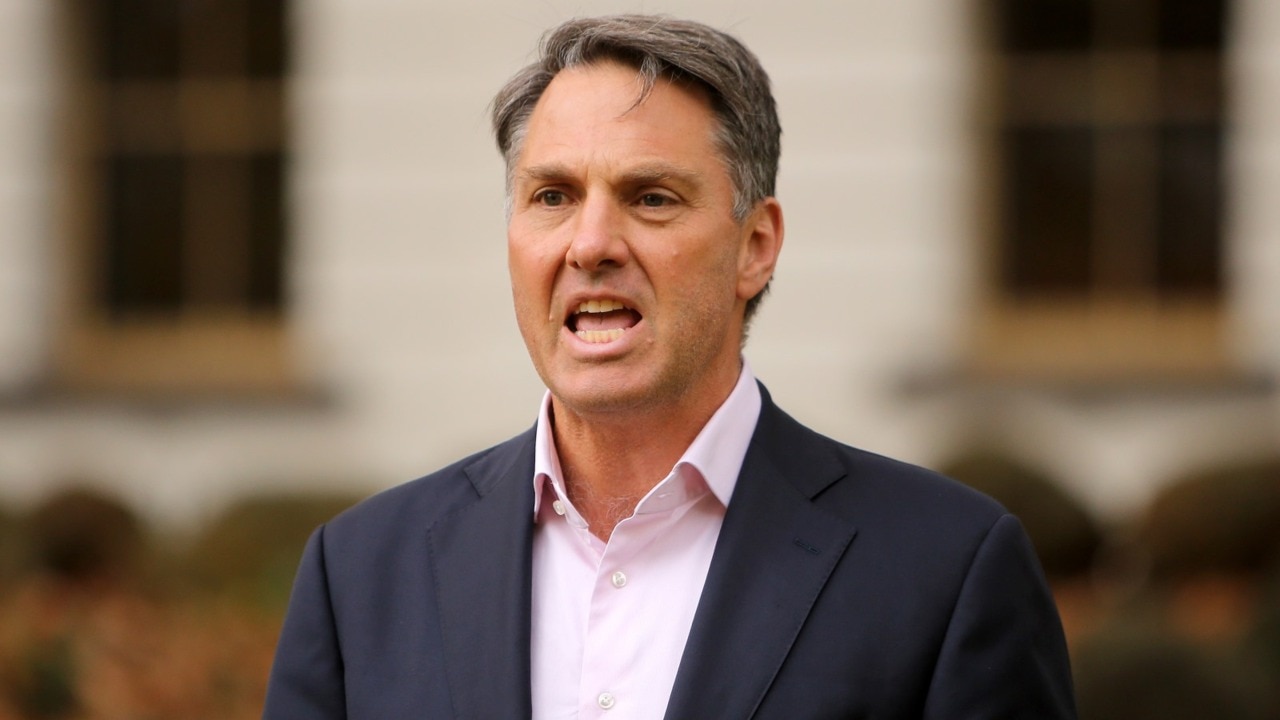
National
Don't miss out on the headlines from National. Followed categories will be added to My News.
One of Australia’s largest Army training camps will come under the spotlight with the Royal Commission into Defence and Veteran Suicide to examine Kapooka in NSW next week.
Commission chair Nick Kaldas said the four-day convening in Wagga Wagga from November 28 would look at recruitment schools Army Recruit Training Centre at Kapooka and RAAF Base Wagga.
The evidence from personnel and families with lived experience of suicide is seen as critical in the wake of the Australian Institute of Health and Welfare, uncovering evidence the largest cohort of ex-personnel committing suicide were junior or fresh out of training school.
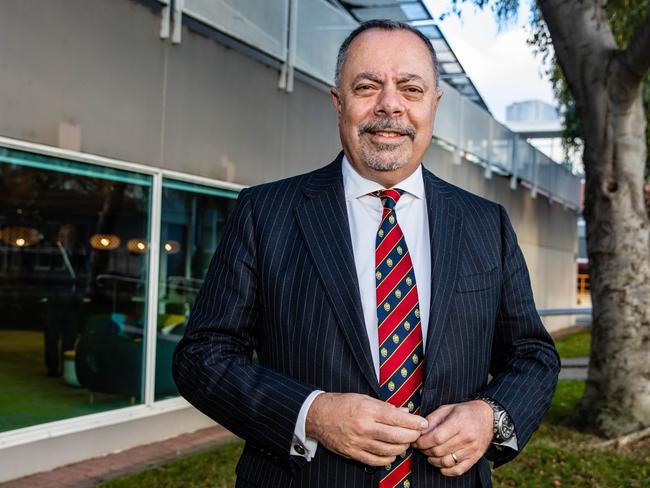
Army accounted for double the statistics of Navy and Air Force combined, but the overall toll showed 262 deaths were by ex-serving males who had spent less than one year in service and another 384 who had spent between 12 months and five years.
“These aren’t just numbers, but people who tragically felt they could not go on,” Commissioner Kaldas said.
“Behind every death by suicide are family members, friends and colleagues whose lives are forever changed.”
He added the new data was critical to the issue that Veterans Affairs Minister Matt Keogh said needed to be a national priority.
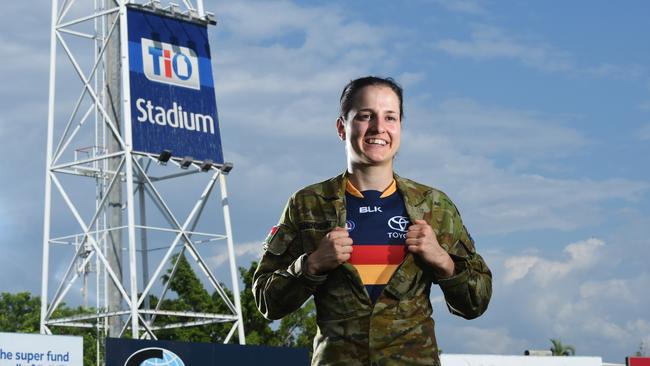
The suicide rate for women in the military aged under 30 years was three times higher compared to the general female population according to the latest snapshot on serving or former Australian Defence Force personnel.
But according to the Australian Institute of Health and Welfare, the issues behind it were less about exposure to risk, war or other hostilities and were more complex associations with depression, relationship breakdowns and suicide ideation.
These are similar to the general population but sub groups within the data based on police and coroners reports shows personnel leaving military service involuntary through medical issues were more at risk of suicide than the general population, more so if they were junior in rank and spent less than one year of service.
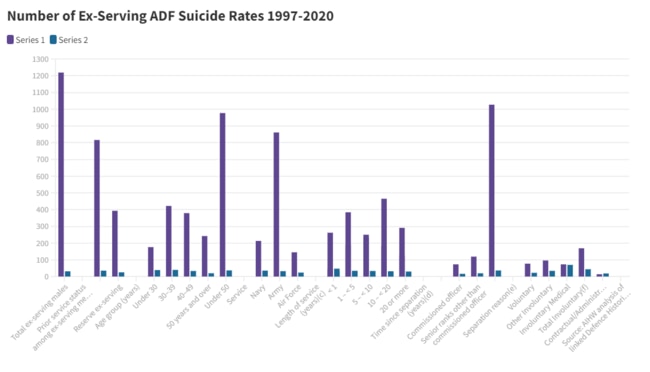
AIHW’s fifth data report has been expanded to include those who joined the ADF back to 1997, concluding there had been 1600 deaths among members since that time, more than 1300 of them veterans.
The study found male veterans were 27 per cent more likely to die of suicide than the general male population and ex-serving women were 107 per cent or more than twice as likely to die by suicide.
Permanent and Reserve males were at lower risk of suicide as were those who quit the military voluntarily and those at higher risk were the young ex-serving junior ranked men who were living alone; those earning $200-599 a week were seven times more at risk of suicide than those earning $1500 a week.
According to the AIHW report mood disorders including depression and anxiety was the most common risk factor, followed by spousal issues, suicide ideation and acute alcohol use and intoxication.
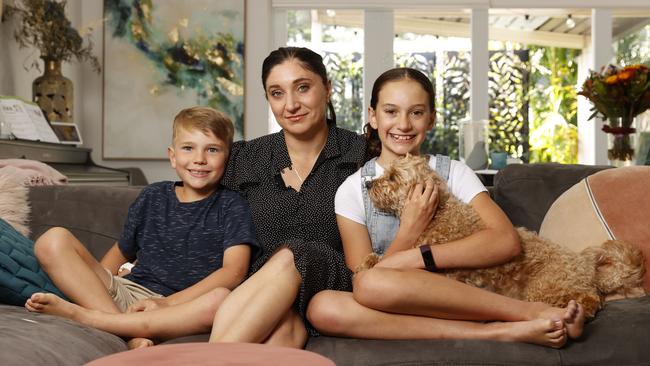
Around 4 in 10 ADF males (41%) and ADF females (38%) who died by suicide were identified as having problems in spousal relationship circumstances. Anecdotally a contributing factor to the stresses has been constant deployment absences and high level of postings requiring uplift of families.
Emotionally addressing the data, Department of Veterans’ Affairs Veteran Family Advocate Commissioner Gwen Cherne said the royal commission into veteran suicide was critical, as was AIHW research into the factors of suicide, to better tailor support.
“To families the loss of a loved one is devastating, that loss sits like a heavy weight deep in our core and everyone feels it,” Ms Cherne who lost her own husband to suicide in 2017 said.
She added: “Sometimes we don’t know why someone takes their own life, there isn’t always a clear reason, it could be a combination of factors both within and outside of their control and related or unrelated to their service … this report provides us with an even better understanding of some of the factors family, education, employment which have positive impacts for our community.”
Christine Morgan, National Suicide Prevention Adviser to the Prime Minister and CEO National Mental Health Commission, said suicide was unique to the individual.
“But if we can seek to identify those factors which appear to be risk factors then we can start to do more targeted initiatives, not just in the prevention space but also the early intervention,” she said.
If this material raises concerns for you, support is available through Lifeline on 13 11 14 or Open Arms – Veterans and Families Counselling, available free of charge, 24 hours a day, 7 days a week on 1800 011 046.



